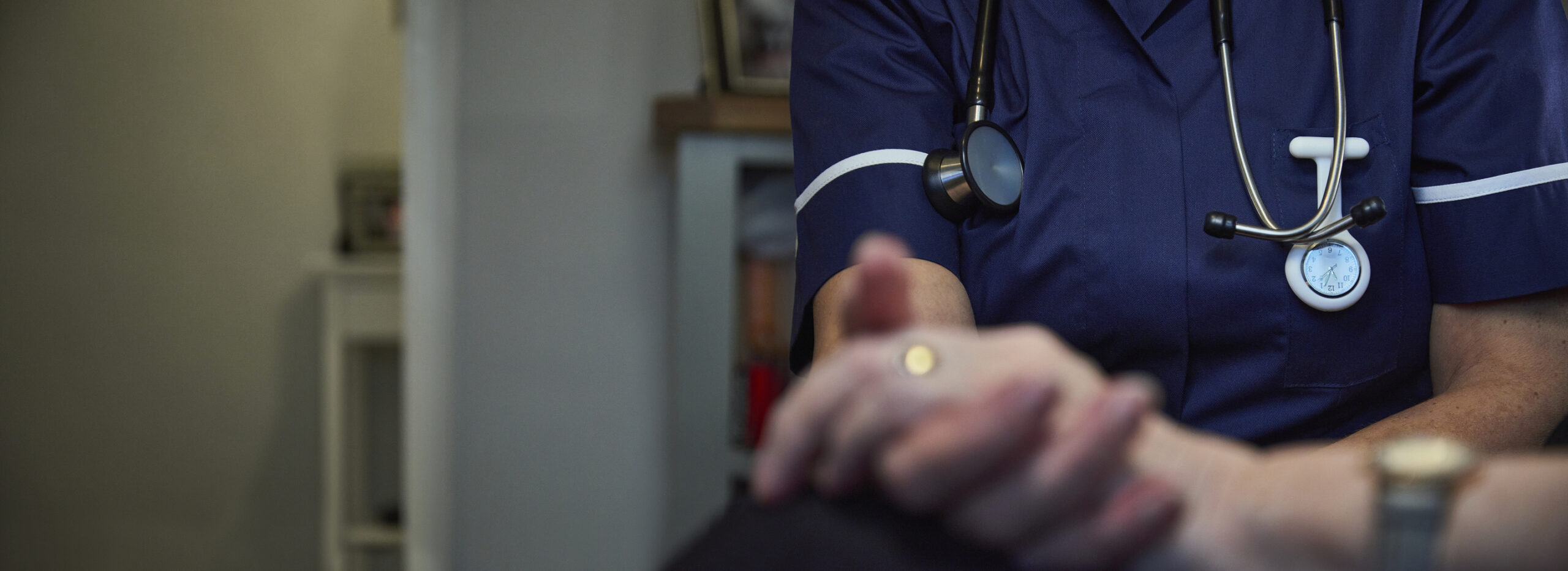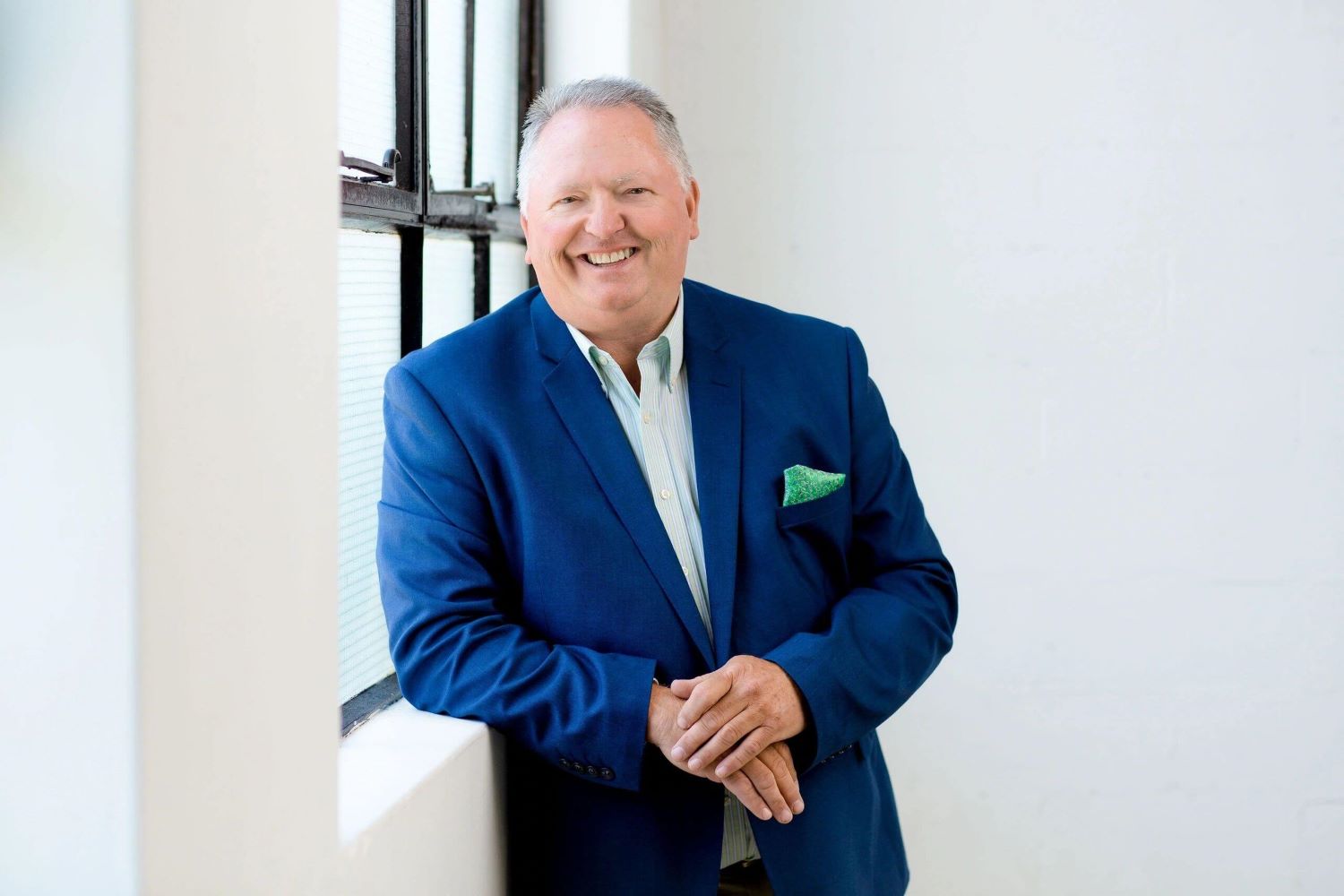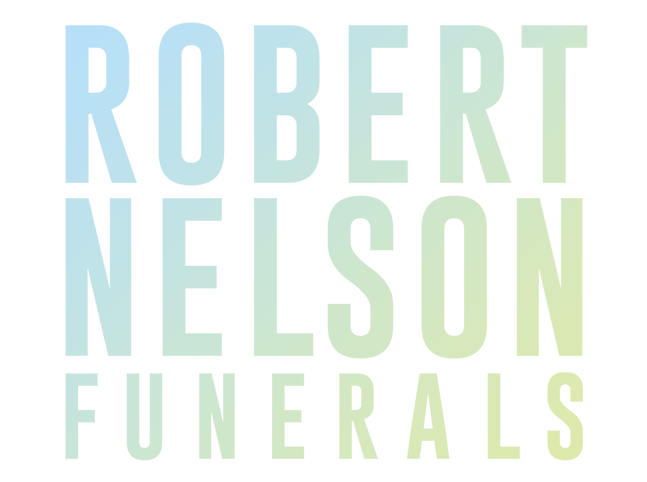
Home Funerals & Home Vigils. All you Need to Know
With more people aware of their choices, some families prefer their loved one to die at home and remain there until the burial or cremation. There are some important things families should be aware of when choosing a home funeral or home vigil.
Losing a loved one is never easy, and when someone passes away at home, it can feel overwhelming to know what steps to take. Here are some important things to consider and actions to take when someone dies at home:
1. Confirm the passing: If the person was under medical care, reach out to their healthcare provider or hospice team to inform them of the situation. They can guide you through the next steps and provide necessary support. A Nurse, doctor or ambulance officer will need to issue a Verification of Death.
2. Contact a funeral home: Reach out to a funeral home to make funeral arrangements. They will guide you through the process of transportation, and preparation for burial or cremation. You can discuss your preferences and any cultural or religious customs you wish to follow.
3. Organize important documents: Gather the necessary paperwork, including the deceased person’s identification, medical records, and insurance information. You’ll need these documents for legal purposes and to make necessary arrangements. You funeral director will be able to guide you through this.
Home Funerals are they right for you?
Keeping the body at home, also known as home funeral or home vigil, is a choice that some individuals and families make after a loved one passes away. It allows for a more personal and intimate experience during the period between death and burial or cremation. Here are some key aspects to consider if you decide to have a home funeral:
1. Legal requirements: It’s essential to familiarize yourself with the legal requirements of home funerals in your specific location regarding home funerals. Laws vary from place to place, so it’s important to understand any permits, paperwork, or regulations that may apply. It is best to engage a funeral director to do this for you.
2. Communication with professionals: Reach out to a skilled professional funeral director who is a member of the AFDA (Australian Funeral Directors Association) to inform them of your decision for a home funeral or home vigil. They can provide guidance and support, ensuring that you comply with legal obligations while helping with necessary logistics, such as transportation and preparation.
3. Preparation of the body: If you choose to keep the body at home, you should work with a professional to ensure proper care and preservation. They can guide you on techniques like cooling the body, and other methods to maintain the body’s condition until the burial or cremation. Some Funeral Directors have special equipment to provide this service
4. Hygiene and sanitation: It’s crucial to maintain a hygienic environment during a home funeral or home vigil. Regularly wash your hands and use personal protective equipment (such as gloves) when necessary. You can consult with healthcare professionals or the funeral director for guidance on proper hygiene practices.
5. Emotional support: Keeping the body at home can be emotionally intense, so it’s important to have a support system in place. Reach out to family, friends, or professionals, such as grief counsellors or support groups, who can help you navigate through this process and provide emotional assistance.
6. Cultural and religious considerations: Different cultures and religions have specific rituals and customs surrounding death and mourning. If applicable, consult with religious or cultural leaders to ensure that you honour these traditions appropriately.
Remember, the decision to keep a body at home is a personal one and may not be suitable for everyone. It’s crucial to assess your comfort level, cultural beliefs, and legal requirements before making this choice. Discussing your plans with professionals and seeking their guidance can provide you with the necessary information and support throughout the process.
When choosing to keep a loved one’s body at home after death, and considering a home funeral, the decision of whether to embalm is a personal one. Here are some points to consider when making this decision:
1. Preservation: Embalming is a process that slows down the natural decomposition of the body by replacing bodily fluids with chemicals. It can help preserve the body’s appearance and delay the onset of decomposition. If you wish to have an open casket viewing or an extended period of time before burial or cremation, embalming may be beneficial.
2. Cultural and Religious Considerations: Different cultures and religions have varying practices and beliefs regarding embalming. Some may require or prefer embalming as part of their funeral customs, while others may discourage or forbid it. Discussing with religious or cultural leaders can provide guidance on how to honour your beliefs and traditions.
3. Timeframe: If the body will be kept at home for an extended period before burial or cremation, embalming may help maintain the body’s condition over time. However, if the period will be relatively short, embalming may not be necessary.
4. Personal Preferences: Consider your own comfort level and emotional well-being when deciding whether to embalm. Some individuals find comfort in seeing their loved ones in a more preserved state, while others feel that natural decomposition is an important part of the grieving process. Choose the option that aligns with your personal beliefs and preferences.
5. Professional Guidance: Consult with a professionally qualified funeral director/embalmer for expert advice on whether embalming is recommended based on the specific circumstances and timeline involved. They can provide insight into the potential benefits and drawbacks of embalming and help you make an informed decision.
For more information contact https://robertnelsonfunerals.com.au/ or Phone (03) 9532 2111
Proud Members of the Australian Funeral Directors Association

